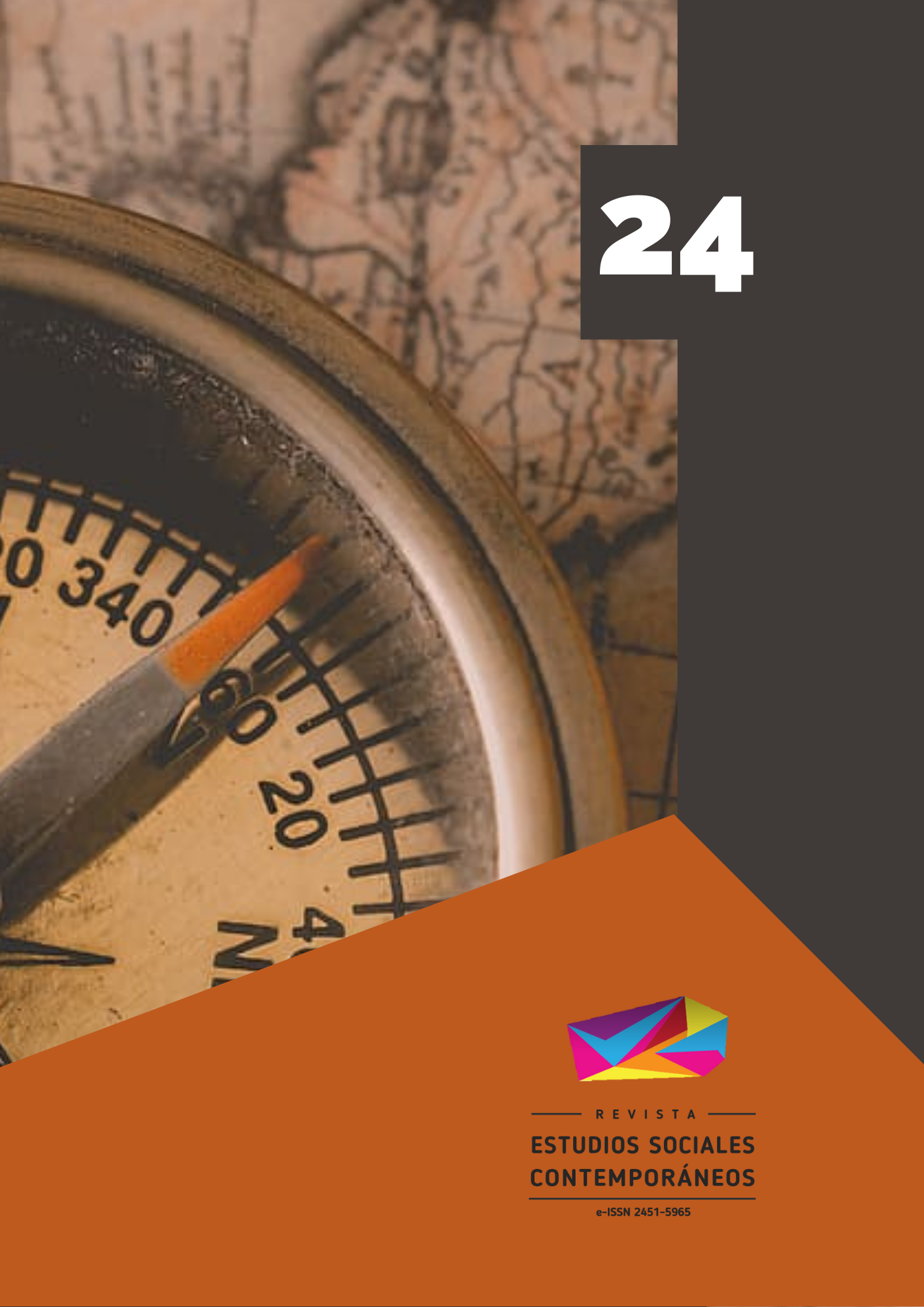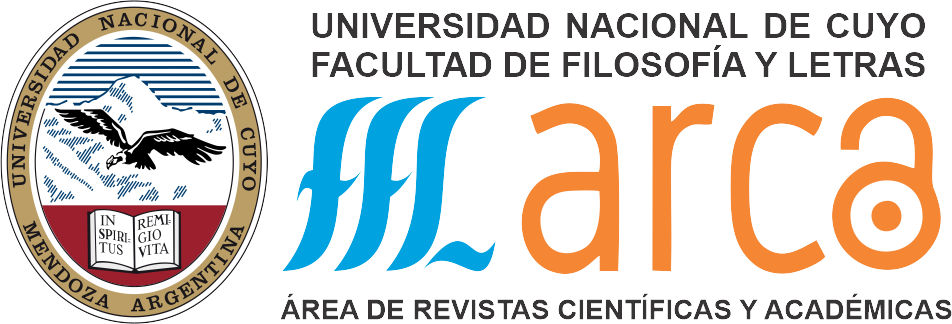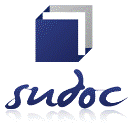PhD training and long stays of Argentinian researchers
Tendencies in training, mobility and return among researchers from CONICET
DOI:
https://doi.org/10.48162/rev.48.004Keywords:
Academic Mobility, Internationalisation, CONICET, ArgentinaAbstract
This article addresses the main tendencies in the training and mobility of Argentinian researchers from the National Council of Scientific and Technical Research (CONICET) both in the country and abroad. Empirically, the first part of the universe of active researchers in 2005 (N=7905) is targeted to establish the main characteristics of its PhD training and its evolution in time and throughout the different scientific fields. On the second, international stays lasting longer than a year for a set of three field commissions of the Council (n=272) are specifically observed to complement the previous analysis with the changes in the period 1967-2015.
The results highlight the combination of numerous factors that must be considered in order to understand the internationalisation of the scientific paths. The general context of the country, the specific one of the of scientific production areas, the differentials in the postgraduate institutionalization through scientific fields and the institutional effects associated to the unequal structure of an heterogeneous academic field appear as relevant dimensions that allow us to understand the frame of international and mobility training careers of researchers.
References
BARSKY, O., y DÁVILA, M. (2009). La evaluación de los posgrados en la Argentina. Recuperado de: http://www.ub.edu.ar/investigaciones/
BAYLE, P. (2015). Mapping the Return of Argentine Researchers. Science, Technology & Society, 20(3), 435–449. https://doi.org/10.1177/0971721815597165
BEIGEL, F. (2014). Publishing from the periphery: Structural heterogeneity and segmented circuits. The evaluation of scientific publications for tenure in Argentina’s CONICET. Current Sociology, 62(5), 743–765. https://doi.org/10.1177/0011392114533977
BEIGEL, F., y BEKERMAN, F. (2019). Culturas evaluativas. Impactos y dilemas del Programa de Incentivos a Docentes-Investigadores en Argentina (1993-2018). Retrieved from http://biblioteca.clacso.edu.ar/clacso/se/20191125105317/Culturas-evaluativas.pdf
BEIGEL, F., GALLARDO, O., y BEKERMAN, F. (2018). Institutional expansion and scientific development in the periphery: The structural heterogeneity of Argentina’s academic field. Minerva, 56 (3), 305-331. https://doi.org/https://doi.org/10.1007/s11024-017-9340-2. http://rdcu.be/EuXI
BUCHBINDER, P. (2010). Historia de las Universidades Argentinas. Buenos Aires: Sudamericana.
GAILLARD, J., & ARVANITIS, R. (Eds.). (2013). Research collaboration between Europe and Latin America. Mapping and understanding partnership. Paris: Éditions des archives contemporaines.
GALLARDO, O. (2015). Trayectorias de formación de investigadores del CONICET. Instituciones de formación y trabajo de los investigadores hasta 2014. Internacionalización y concentración en el espacio de las Ciencias Sociales y Humanidades. Sociedad (UBA), (34), 129–148. http://www.sociales.uba.ar/?page_id=34683
JEPPESEN, C., GOLDBERG, M., SZPEINER, A., RODRÍGUEZ GAUNA, M. C., MISIAC, R., & SILVANI, J. (2016). La formación de doctores en Argentina: avances y desafíos desde la perspectiva CONICET. Revista Argentina de Educación Superior, 8(12), 149–173.
LAMONT, M. (2009). How professors think. Inside the curious world of academic judgment. Cambridge, Massachusetts & London: Harvard University Press.
LVOVICH, D. (2009). Resultados e impactos de los programas de apoyo a la formación de posgrado en Argentina. Ciencia, Tecnología y Sociedad, 5(13), 157–173.
NIEMBRO, A. (2020). ¿Federalización de la ciencia y tecnología en Argentina? La carrera del investigador de CONICET (2010-2019). Ciencia, Docencia y Tecnología, 31(60). https://doi.org/https://doi.org/10.33255/3160/627
OREGIONI, M. S., & López, M. P. (2013). Cooperación Internacional en ciencia y tecnología. La voz de los investigadores. Revista Iberoamericana de Ciencia Tecnología y Sociedad, 8(22), 57–73. Retrieved from http://www.scielo.org.ar/scielo.php?script=sci_arttext&pid=S1850-00132013000100004
RICYT. (2009). Manual de indicadores de internacionalizacion de la ciencia y la tecnología (M. Albornoz, Ed.). recuperado de: http://www.ricyt.org/manuales/doc%7B_%7Dview/1-manual-de-santiago
SPU. (2005). Anuario 2000-2004 de estadísticas universitarias. Buenos Aires.
SPU. (2009). Anuario de Estadísticas Universitarias. Argentina 2009. Buenos Aires.
SPU. (2017). Estadísticas universitarias. Sitio: http://estadisticasuniversitarias.me.gov.ar/#/home
SPU. (2018). Avance del Anuario de estadísticas universitarias, Argentina 2014. Recuperado el 28/3/2018 de Anuarios Estadísticos, sitio: http://portales.educacion.gov.ar/spu/investigacion-y-estadisticas/anuarios/
VEZZETTI, H. (2009). Sobre la violencia revolucionaria. Memorias y olvidos. Buenos Aires: Siglo XXI Editores Argentina.





















